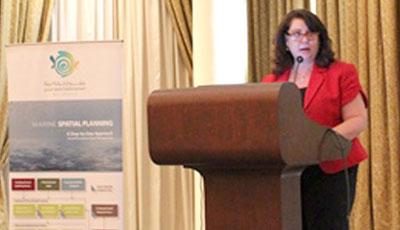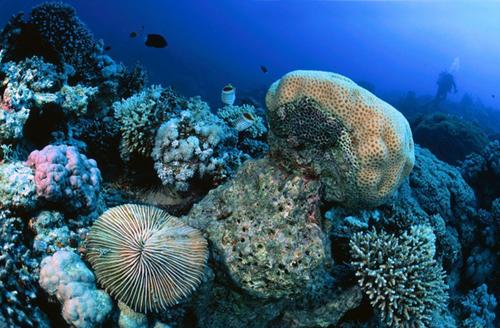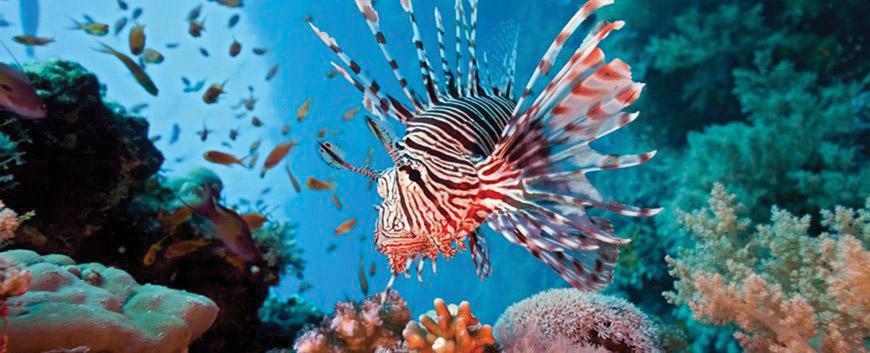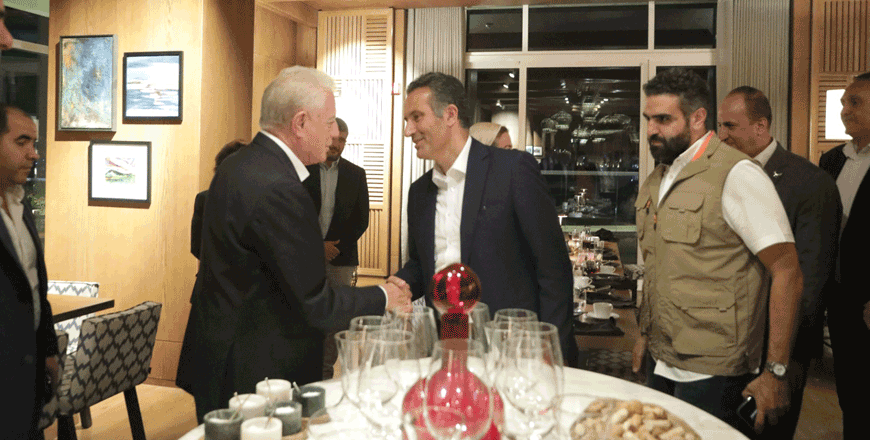You are here
New studies launched on Aqaba marine, coastal environment
By JT - Aug 19,2014 - Last updated at Aug 19,2014

AMMAN — The UNDP and the Aqaba Special Economic Zone Authority (ASEZA) on Tuesday launched the executive plan for eco-tourism in the port city and a strategy for environmental awareness on marine and coastal environments.
The plans were developed over the past two years through the “Marine Biodiversity Conservation into Coastal Zone Management in the Aqaba Special Economic Zone” project, according to a joint statement from UNDP and ASEZA.
The project’s outcomes also include a “new updated management plan for the Aqaba Marine Park as well as the National Report on the integrated management for the coastal area”, the statement said.
ASEZA also announced the commencement of implementing several plans, such as a plan to utilise the coastal area, the development of a database of the marine environment, the preparation of a status report of the coastal environment and an economic assessment of marine resources, and the assessment of fish stocks in Aqaba.
ASEZA Chief Commissioner Kamel Mahadin commended the outputs of the project, voicing hope that it will serve as a model to improve the environmental management of the coastal zone in Aqaba
UNDP Country Director Zena Ali Ahmad emphasised the importance of the project’s outcomes, as it supports Jordan’s obligations to international environmental conventions, especially the Convention on Biodiversity.
The project, which is funded by the Global Environment Facility and UNDP, “works to mainstream biodiversity conservation as an attempt to endorse an effective and integrated management of the coastal zone in the Aqaba Special Economic Zone”.
Related Articles
AQABA — A biodiversity protection project has successfully translocated over 7,000 coral reef colonies from the new Aqaba Port to the Aqaba
AMMAN — Jordan’s first marine reserve will play a major role in further attracting tourists and diving enthusiasts to the Red Sea city
AMMAN — The Migratory Soaring Birds Project, in collaboration with the Egypt's "Biodiversity Integration in the Tourism Sector” project, on




















